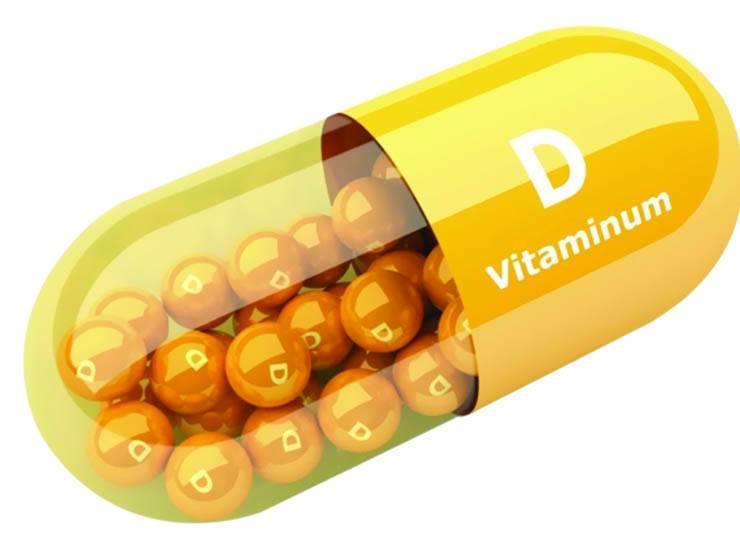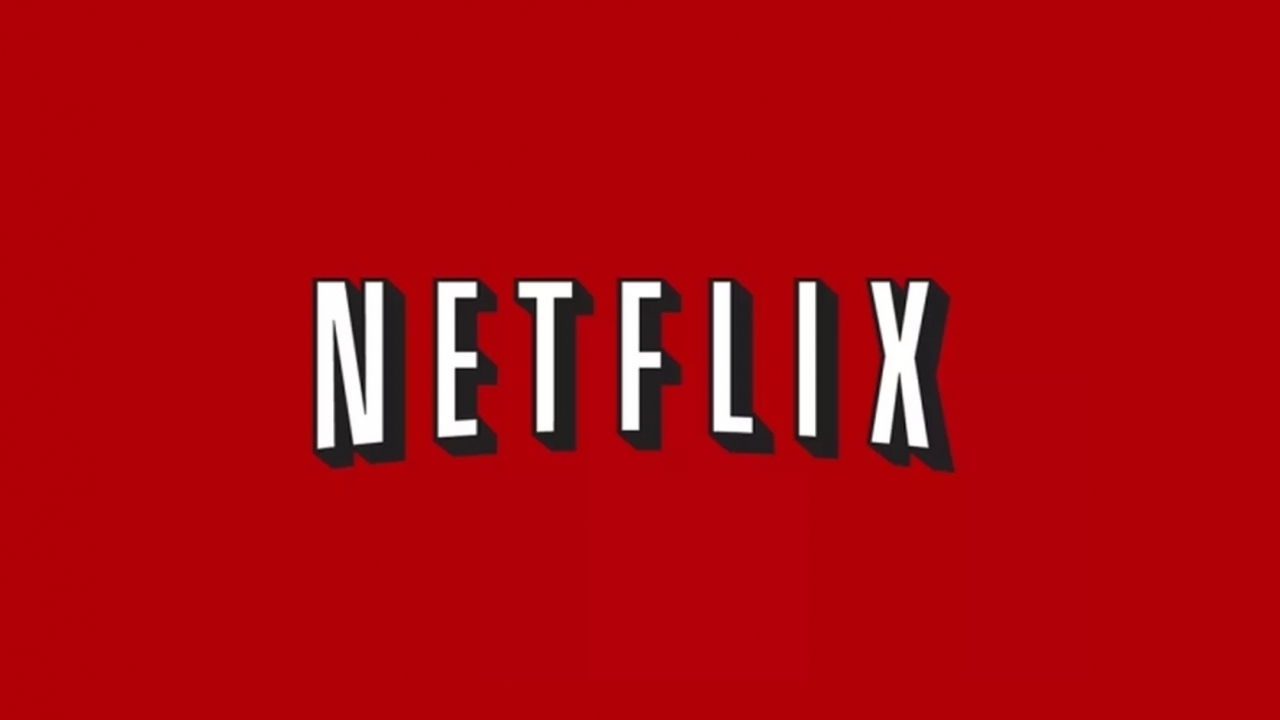01:01 AM
Monday 14 September 2020
–
Agencies
Vitamin D is really important to us, as it helps our bodies absorb calcium, supports healthy teeth and bones, and is essential for immunity and muscle movement.
Express spoke to Rob Hobson, Flora’s nutrition consultant, to find out how to get enough vitamin D, Russia Today reported.
Why do we need vitamin D?
Hobson said: “Vitamin D deficiency affects 13% of the world’s population. Mild symptoms can include muscle weakness and fatigue. It may also lead to depression, muscle pain, bone pain, and frequent infections. In severe cases, it can cause rickets in young children and lethargy. Bones in adults, especially those who are under care or who spend a lot of time indoors.
Sunlight helps our bodies produce vitamin D, but most of us don’t stay outdoors long enough to get enough sunlight.
And if you are self-isolating at home, in light of the Corona pandemic, you will need to supplement your diet with products that contain vitamin D.
How to increase your vitamin D intake
Public Health England recommends that everyone take a daily supplement that provides 10 micrograms of vitamin D.
However, Hobson suggests getting vitamin D through your diet. This is what you should eat:
– eggs
Mr. Hobson recommends that you start your day with eggs. He said, “Egg yolks are a great source of vitamin D, so start your day with eggs for breakfast. Chickens that get sunlight produce more vitamin D in their eggs than the ones that stay indoors, so make sure you choose the varieties well.”
Fortified foods
Fortified foods have nutrients added to them that are not naturally found in food, such as FLORA ProActiv.
Hobson explained: “Since many foods do not naturally contain high levels of vitamin D, a nutrient can be added in a process known as fortification. The botanical differentials are an example, such as FLORA ProActiv. 15 grams provides only 22% of the The reference value of nutrients, plus it supports healthy cholesterol levels.
Fish
Oily fish is another great way to get vitamin D.
Hobson explained: “Seafood, especially oily fish such as canned or fresh salmon, is one of the richest natural food sources in vitamin D.”
Mushrooms
“For vegetarians in particular, mushrooms are among the only completely plant sources of vitamin D. When they are grown under UV light, they make their own vitamin D – like humans,” Hobson said.
– .


